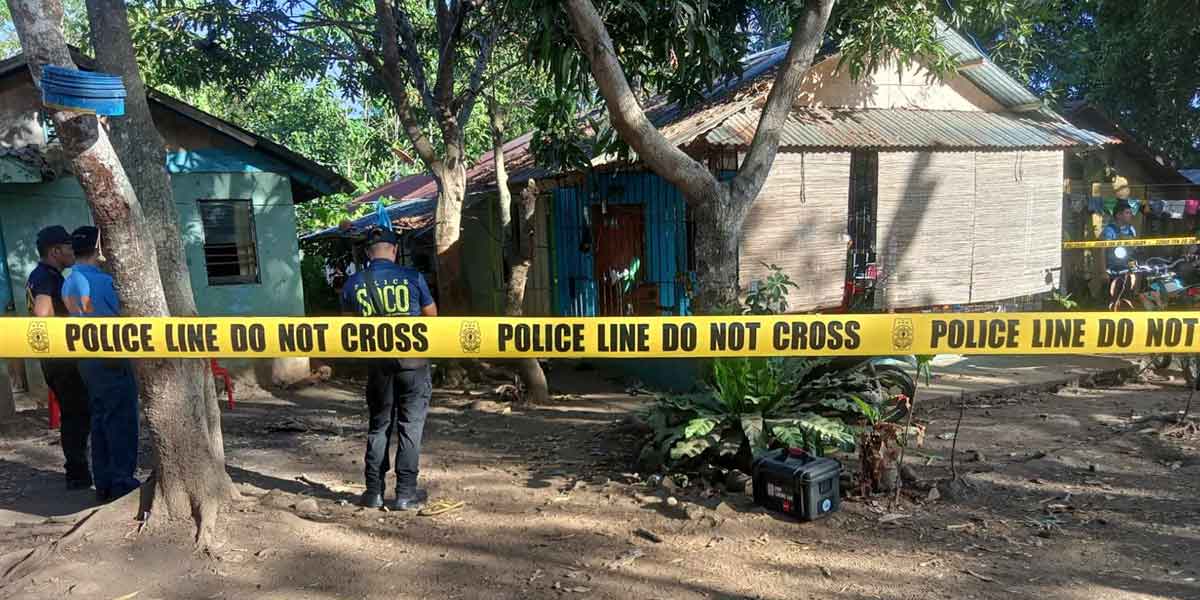 By Joshua Corcuera
By Joshua Corcuera
Ella Hyacinth Golez from Forum-Dimensions said that “We, Filipinos, are more than our stories of struggles and resiliency. We should be the reminder and the face of accountability. We deserve better.” As Typhoon Ulysses caused widespread damage to Luzon last Thursday, many people were demanding a much more efficient government response. Moreover, holding leaders into account for negligence was called for. However, there are some who highlighted the resiliency of the Filipino race.
Way back to September 21 this year, I contributed an opinion entitled “The resiliency of the Filipino has long been abused.” Given the recent events that affected our country, I would like to share the salient points of the article written below.
We often encounter inspiring stories of our fellow Filipinos who recovered and stood up from their suffering inflicted by the wrath of misfortunes — terrible storms, the chaos of war, and enormous earthquakes to name a few. These stories of pagbangon have long been shared in Philippine society.
For instance, when Super Typhoon Yolanda — the strongest and deadliest storm at the time — hit Tacloban in 2013, thousands of people lost their lives to nature’s wrath. While millions were displaced as their homes were destroyed and their livelihoods were severely affected. Yet some people who are in power merely recognized the resilience of those who survived, instead of acting swiftly for recovery in both the short-term and the long-term.
In the current situation we are experiencing — the coronavirus pandemic — most people were forced to stay home in an attempt to protect themselves from the highly contagious illness. A government official said he is delighted that not all Filipinos lost their jobs in the pandemic, in response to an SWS survey last July showing 45.5% of Filipinos — equivalent to 27.3 million people — lost their jobs in the pandemic. He seems to imply that we can surmount the crisis for we are a resilient people.
Such a remark, however, seems insulting especially that thousands succumbed to the illness and millions were unemployed, not only because of the coronavirus but also of the lack of urgency and the slow response of those in power. And instead of romanticizing our resiliency, the government must intensify its efforts in effectively flattening the curve and beating the coronavirus.
We tend to overromanticize individual stories of suffering and recovery to the extent that we forget holding into account those who are unresponsive to the plight of such individuals. As a result, the resiliency of the Filipino has been abused. It is important for all of us to call out those in power and force them to do their jobs, and not merely sharing how the people — whom they should serve — are standing up to their suffering. Merely telling such inspiring stories imply that the people are on their own and cannot expect anything from the government.
It’s just about time for us to stop overromanticizing the struggle of the marginalized and those who are struggling. Sure, sharing their stories of hope could be done and would be inspiring. But, this should not blind us from the negligence of those in power as well as the perpetrators of their plight.
From this article I wrote last September, there is a need to reiterate that we should stop glorifying resiliency. Otherwise, those public officials who are negligent of their sworn duty to consecrate themselves to the service of the nation cannot be held into account. Furthermore, the onslaught of several typhoons just recently must serve as a reminder that we should take care of the environment to mitigate climate change and avoid stronger storms from being more frequent. At the same time, the need to advance science in the Philippines to better deal with natural disasters must be given attention, especially that the recent storms that ravaged our country won’t certainly be the last.
Twitter: @cjdcorcuera






















